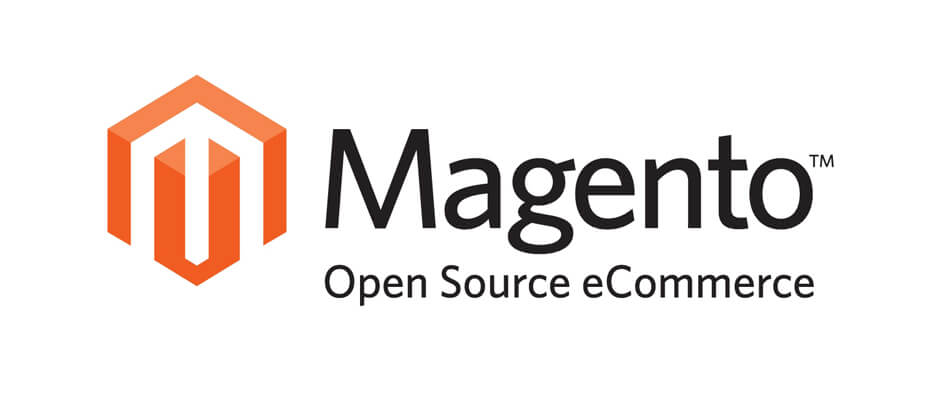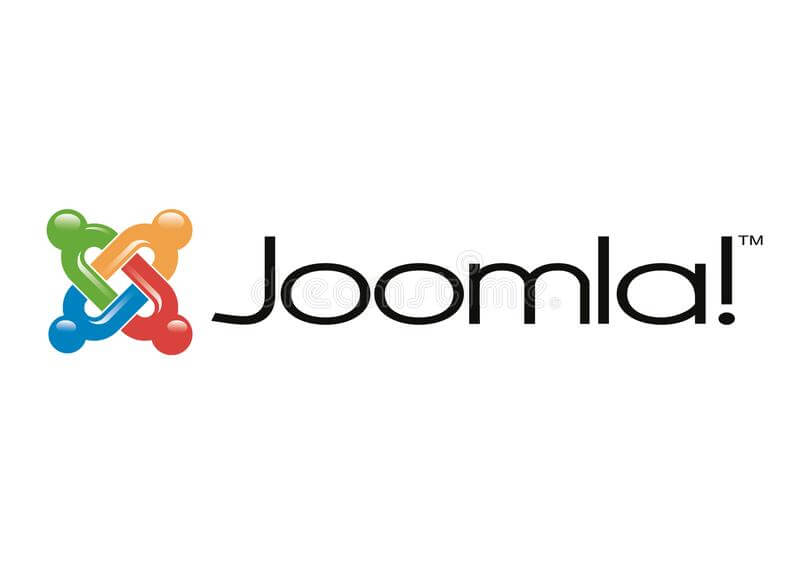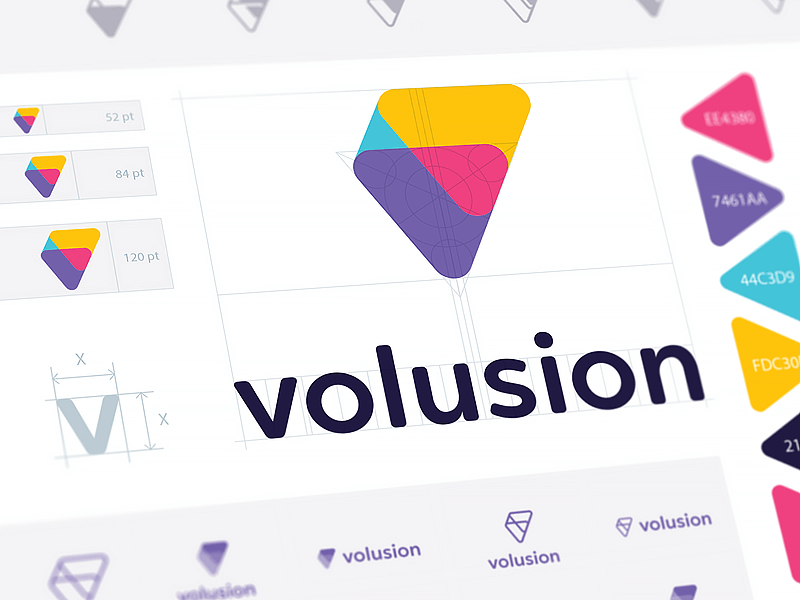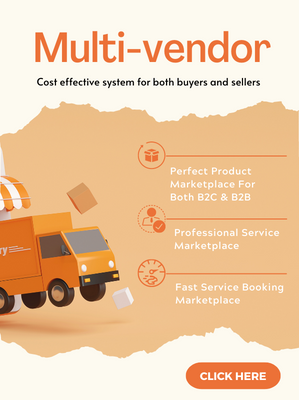Nowadays, there are hundreds of Open Source CMS available on the market. Open Source CMS can be varied, ranging from the simplest to the most complicated one. As a result, choosing one of them can be extremely difficult.
What is an Ecommerce CMS?
A content management system relates to the software that allows ecommerce shop owners to generate, edit and publish digital website content without writing any code. Also, it also enables users to modify the look and feel of the website, such as changing product page layout, including promotional banners or quickly adding new website sections to better promote products.
An ecommerce platform is an online shopping cart solution that allows you to handle product management and sell products directly through your website. Some ecommerce platforms also serve as a CMS. In other words, it’s a user-friendly infrastructure that solve all the backend store management functions of an ecommerce store
Top best ecommerce CMS for online store in 2022
1. WordPress

WordPress is one of the best Open Source CMS platforms available on the market. WordPress is a very robust yet user-friendly website creation tool. You can make any content website with the help of this fantastic content management system like news publishing site, blog site, e-commerce site, forum site and whatsoever. Majority of the online publications rely on WordPress to manage their content.
2. Magento Open Source CMS

Open Source CMS – Magento Dashboard
If you are more focused on what the best open source CMS is for e-commerce sites, I would definitely suggest you look into Magento. Magento is one of the Open Source CMS platforms for creating an e-commerce site quickly and effectively. Thought the community edition comes open source and free, but you may need to pay for unlocking all the premium features. However, the Open Source edition is fine enough for non-professionals and can also be used for blog sites. MageSolution provides a lot of Magento development services for perfecting your e-commerce website.
3. Shopify

This is one of the leading ecommerce CMS and is very popular with owner store from all over the world with 2,2 million users. Also, Shopify provides an affordable pricing, ease of use and various helpful features, even a beginner can quickly learn to manage their business with Shopify flatform. In particular, Shopify is extremely suitable for start-ups and small businesses. This is not to say it ain’t a choice for big brands. The platform can cater very well to the requirements of large operations like Hasbro, BBC, Red Bull, Heinz, etc.
4. Drupal

Drupal is a free, open-source CMS written in PHP that comes with an extraordinary providing as well as a customizable platform. This ecommerce CMS was actually first developed to be a student community solution. But since then, it has developed to be something more. At its heart, it is a very basic installation but it can be extended a great deal with modules. However, compared to WordPress, Drupal is more difficult. You need to read some documentation before jumping right into the platform.
5. WooCommerce

WooCommerce is one of the major eCommerce platforms today. According to report, the market share for WooCommerce in 2021 is 23% of the top 1 million sites using eCommerce technologies. The result shows the tremendous development of WooCommerce in recent years.
Moreover, WooCommerce allow to transform a WordPress website into an e-store. The eCommerce CMS comes with attracted a large number of users as it support a lot of extensions and themes for free. The notable benefits of these plugins is they can enable various functions to the basic WooCommerce in a single click. Also, you are free to get support from WordPress’ massive user community.
6. Joomla

Open Source CMS – Joomla backend
Joomla is another popular option of Open Source CMS for hosting a blog or any other web publications. If you want to utilize a website creation tool to build a blog or a portfolio site – Joomla is a good choice. The platform has thousands of third-party extensions and templates for further customization. However, Joomla isn’t the CMS we can vouch for if you are looking to add interesting new features to your website. Also, it is not easy to use.
7. Wix

Wix is a relatively new eCommerce platform that is successfully used by online stores around the world. By its nature, Wix is rather a solution for constructing websites which allows users to create digital stores using an inbuilt set of tools.
Users without coding knowledge can effortlessly configure their site with the drag-and-drop functionality. Wix provides a variety of beautiful templates that you can choose from and customize to match the look and feel of your site.
8. OpenCart

OpenCart is well known because of the open-source and easy-to-use eCommerce platform. It is unnecessary to pour a massive amount of money to develop your new store. Also, OpenCart brings e-business community a useful and customizable plugin without monthly fees. All you need are to install, choose the template, and add products.
OpenCart offers over 14,000 extensions and themes to e-businesses of any size. Moreover, it integrates with more than 20 payment gateways and over eight shipping methods. In short, even coming with a small budget, your store still thrives on the OpenCart platform.
9. Volusion

Volusion is a cloud-based solution and much like Shopify, you can’t use private servers to host your website if you’re utilizing this platform. It’s a plug-and-play platform, you just have to set up and account, add products, and the rest is taken care of.
This flatform supports 13 free themes and templates for your choice, more than what any other platform will provide you for free. Also, this ecommerce CMS is a low-cost solution providing all the basic functions of an eCommerce CMS. It allow you easily to add plugins and apps, but the number is limited compared to its direct competitors BigCommerce and Shopify. We highly recommend using this ecommerce CMS for small businesses selling limited products or merchants that are just starting out.
10. Strapi

Strapi is the leading open source headless CMS. It’s written entirely in Javascript, it’s self-hosted and permit you to customize the admin panel as well as the API. Without diving too deep into more advanced function, you can get up and running with a flexible data structure in under 5 minutes
Final words
That may sum up all the different types of ecommerce CMS for online store. These examples are the coverage of all Open Source CMSs that are overflowing on the e-commerce market. The thing to consider includes whether you need it to be multilingual, will there be a lot of multimedia put on it, so you need a search function? When you have it narrowed to just a few Open Source CMS options, you should also look at their security and what other users have to say in general. That is when you can choose your own suitable CMS. Choose wisely and your site will flourish on its own.
At Magesolution, we provide the Magento Development service to solve specific problems related to technical, re-platforming, RFPs, and more. With 15 years of experience on lots of different projects from small to large scale, Magesolution has the expertise required to provide a comprehensive ecommerce solution for your businesses. Contact us for a free consultation



